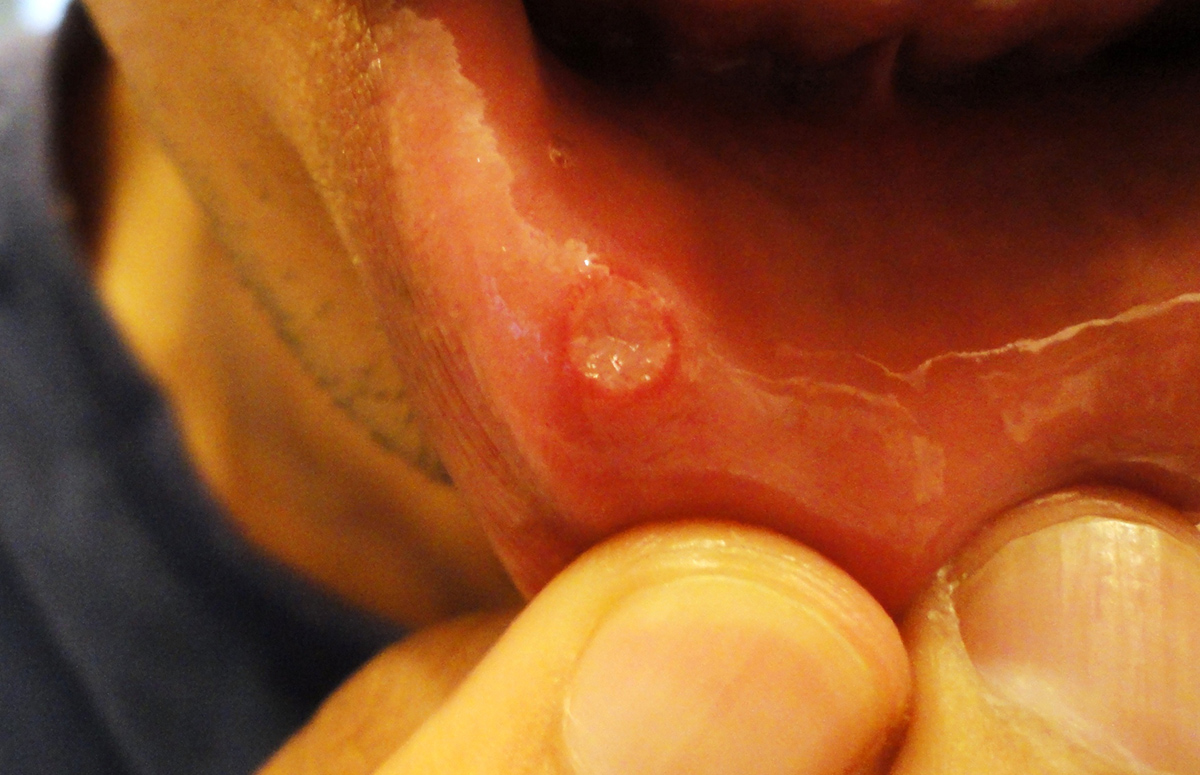
Different kinds of sores and lesions can appear inside the mouth, on the gums, palate, inner cheeks and lips. Not all mouth sores are the same, but most of them are equally painful and frustrating.
Types of mouth sores
Most mouth sores are in fact canker sores, fever blisters or cold sores, or lesions caused by injury, such as cuts and scrapes caused by a sharp or broken tooth, biting the cheek or tongue, burning the mouth with hot beverages and food, and similar. Braces, poorly fitting dentures and chewing tobacco may also cause injuries to the inside of the mouth.
Cold sores or fever blisters are mouth sores caused by herpes simplex virus. They are very contagious and tend to recur. Before the actual sore appears, the area first starts tingling or burning. Cold sores take from of fluid-filled blisters that go away within several days.
Herpes virus never actually disappears from the body and it remains dormant instead. Certain factors, such as stress, illness, weak immune system, alcohol, drugs hormones and sun exposure, mat trigger the re-activation of the virus.
Cold sores usually appear on the lips but they can appear inside the mouth or in the nose as well.
Unlike cold sores, canker sores are generally not contagious. They look like single yellow ulcers with red halo. The exact cause of canker sores is not clear and it may involve viruses, a sudden drop in the immune response, irritation, stress, hormones and vitamin B12 deficiency. Canker sores are more common in men than in women.
Cold sores, canker sores and minor injuries are generally harmless and do not require serious treatment. Less commonly, though, mouth sores may indicate a serious disease, such as cancer, autoimmune diseases, severely compromised immune system, dangerous infections and bleeding disorders.
Treatment for mouth sores
In most cases mouth sores go away on their own within five to 14 days. However, certain measures can help them heal faster and reduce the pain and discomfort. It is recommended to avoid hot or spicy foods and beverages, to chew on ice chips and eat popsicles, to rinse the mouth with saline solution, baking soda or diluted hydrogen peroxide.
For severe canker sores, it can help to use medications such as fluocinonide gel, amlexanox paste or chlorhexidine gluconate mouthwash.
Cold sores inside the lips can be treated with non-prescription medications such as Orabase and Blistex. In case of cold sores, the medication is most effective if applied as soon as the symptoms start.



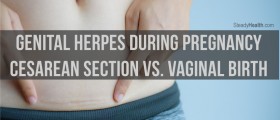
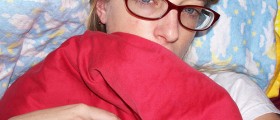
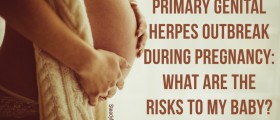

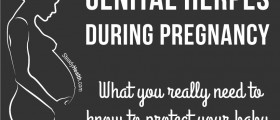

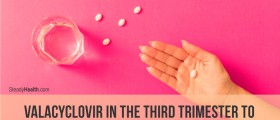
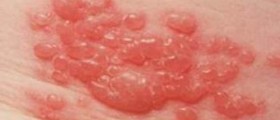

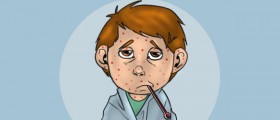
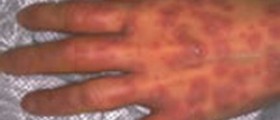
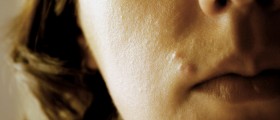

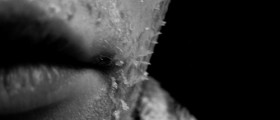
Your thoughts on this
Loading...